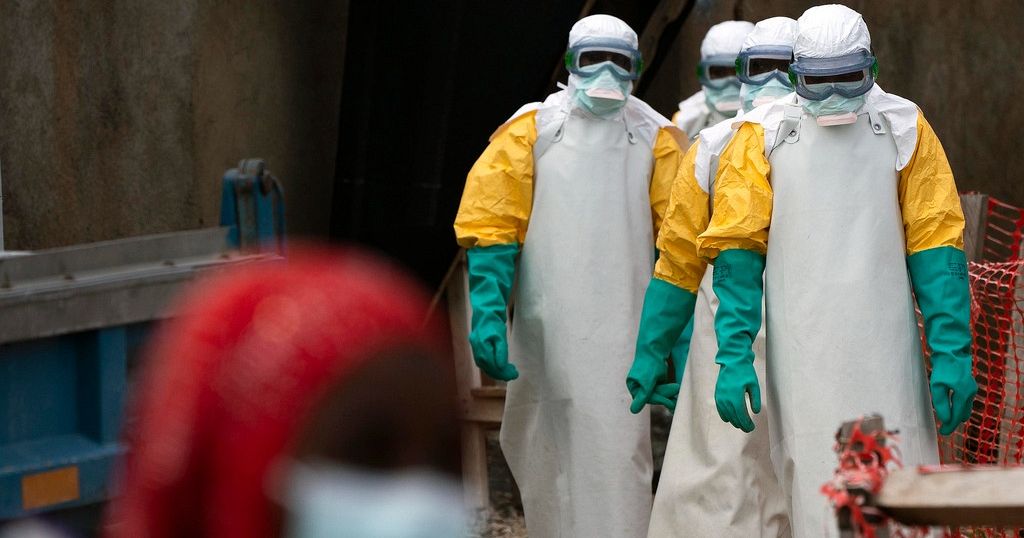Congo is grappling with a fresh outbreak of Ebola in southern Kasai, with health officials reporting 28 suspected cases and 15 fatalities. The initial patient, a pregnant woman, was admitted to a hospital in Bulape in late August with bleeding symptoms and succumbed to her illness within a week. Subsequently, several hospital staff and laboratory workers who came into contact with her also fell ill, prompting the National Institute of Public Health to declare a heightened state of emergency.
The health ministry officially confirmed the Ebola outbreak on Thursday, as the number of potential cases continued to rise. Provincial authorities initially reported eight deaths, but this number has since increased rapidly as symptoms characteristic of Ebola, including high fever, vomiting, and bleeding, have spread among others who were exposed during treatment or burial.
Ebola is a highly infectious disease that spreads through direct contact with the bodily fluids of an infected person. Early signs of infection include fever, fatigue, and muscle aches, which can progress to severe bleeding and organ failure if left untreated. Caregivers and relatives are particularly vulnerable to infection during patient care or funerals, with nearly half of all Ebola patients in the past having died from the disease.
This is the sixteenth time Congo has faced an Ebola outbreak since the first documented case in 1976. Some previous outbreaks have resulted in significant loss of life, with hundreds of fatalities, and Central Africa remains at risk of recurrent infections due to the presence of the virus in the region. The current outbreak was identified after the virus was detected in a 34-year-old woman who was admitted to hospital with classic symptoms in August.
The Democratic Republic of Congo has experience in responding to Ebola outbreaks, having contained several previous outbreaks with the help of international partners. However, the recurring nature of these outbreaks highlights the need for continued vigilance and investment in healthcare infrastructure to prevent and respond to future outbreaks. As the situation continues to unfold, health officials will be closely monitoring the spread of the disease and working to contain it to prevent further loss of life.
